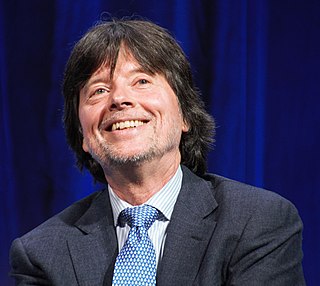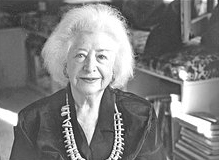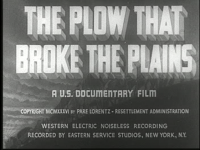| The Dust Bowl | |
|---|---|
| Directed by | Ken Burns |
| Produced by | Dayton Duncan Ken Burns Julie Dunfey |
| Written by | Dayton Duncan |
| Starring | Patricia Clarkson Kevin Conway Amy Madigan Carolyn McCormick |
| Narrated by | Peter Coyote |
| Music by | Craig Mellish |
| Cinematography | Buddy Squires Stephen McCarthy |
| Edited by | Craig Mellish Ryan Gifford |
Production company | Florentine Films WETA-TV |
| Distributed by | PBS |
Release date | November 18, 2012 |
Running time | 240 minutes |
| Country | United States |
| Language | English |
The Dust Bowl is a 2012 documentary film directed by Ken Burns which aired on Public Broadcasting System on November 18 and 19, 2012. The four-part miniseries recounts the impact of the Dust Bowl on the United States. during the Great Depression of the 1930s.

A documentary film is a nonfictional motion picture intended to document some aspect of reality, primarily for the purposes of instruction, education, or maintaining a historical record. "Documentary" has been described as a "filmmaking practice, a cinematic tradition, and mode of audience reception" that is continually evolving and is without clear boundaries. Documentary films were originally called 'actuality' films and were only a minute or less in length. Over time documentaries have evolved to be longer in length and to include more categories, such as educational, observational, and even 'docufiction'. Documentaries are also educational and often used in schools to teach various principles. Social media platforms such as YouTube, have allowed documentary films to improve the ways the films are distributed and able to educate and broaden the reach of people who receive the information.

Kenneth Lauren Burns is an American filmmaker, known for his style of using archival footage and photographs in documentary films. His widely known documentary series include The Civil War (1990), Baseball (1994), Jazz (2001), The War (2007), The National Parks: America's Best Idea (2009), Prohibition (2011), The Roosevelts (2014), and The Vietnam War (2017). He was also executive producer of both The West, and Cancer: The Emperor of All Maladies.

The Dust Bowl was a period of severe dust storms that greatly damaged the ecology and agriculture of the American and Canadian prairies during the 1930s; severe drought and a failure to apply dryland farming methods to prevent the aeolian processes caused the phenomenon. The drought came in three waves, 1934, 1936, and 1939–1940, but some regions of the high plains experienced drought conditions for as many as eight years. With insufficient understanding of the ecology of the plains, farmers had conducted extensive deep plowing of the virgin topsoil of the Great Plains during the previous decade; this had displaced the native, deep-rooted grasses that normally trapped soil and moisture even during periods of drought and high winds. The rapid mechanization of farm equipment, especially small gasoline tractors, and widespread use of the combine harvester contributed to farmers' decisions to convert arid grassland to cultivated cropland.
Contents
The film features the voices of Patricia Clarkson, Peter Coyote, and Carolyn McCormick. [1]

Patricia Davies Clarkson is an American actress. She has starred in numerous leading and supporting roles in a variety of films, ranging from independent features to major studio productions. Her accolades include one Academy Award nomination, two Golden Globe Award nominations, four Screen Actors Guild Award nominations, one Tony Award nomination, two Primetime Emmy Awards, two National Society of Film Critics Awards, and one British Independent Film Award.

Peter Coyote is an American actor, author, director, screenwriter and narrator of films, theatre, television and audiobooks. He is known for performing in films including E.T. the Extra-Terrestrial (1982), Cross Creek (1983), Jagged Edge (1985), Patch Adams (1998), Erin Brockovich (2000), A Walk to Remember (2002), Hemingway & Gellhorn (2012) and Good Kill (2014). He was the "Voice of Oscar" for the 72nd Academy Awards ceremony, the first Oscars announcer to be seen on-camera.
Carolyn Inez McCormick is an American actress best known for her role as Dr. Elizabeth Olivet in the Law & Order franchise.











